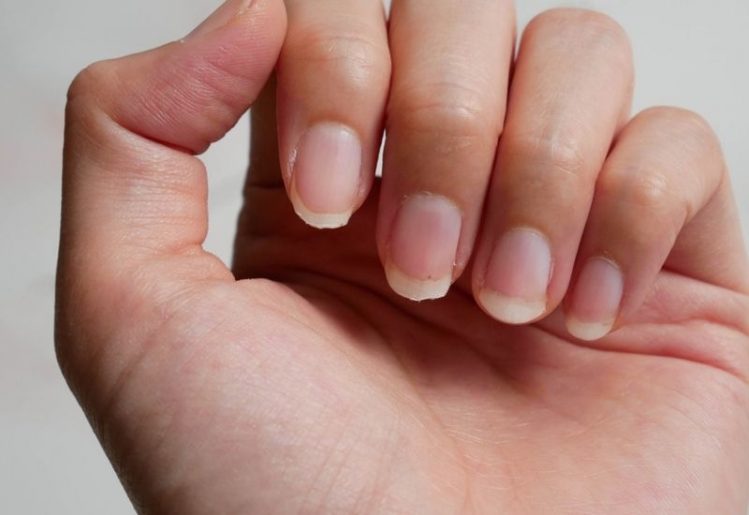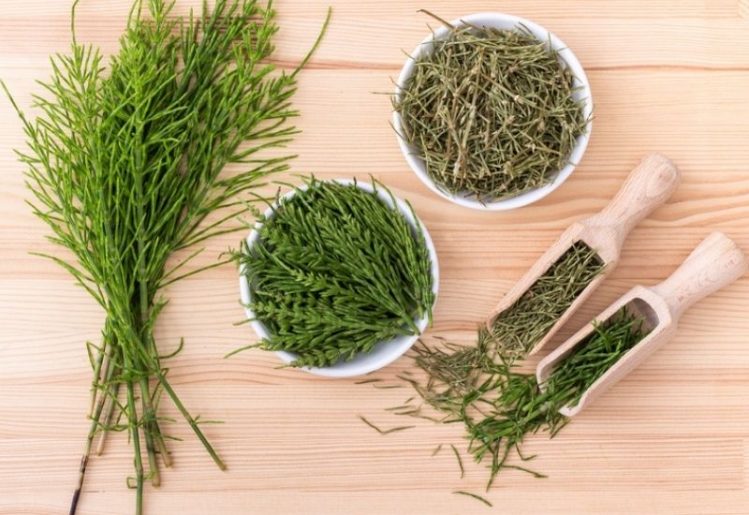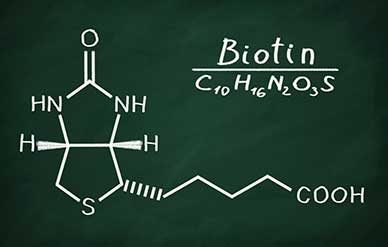There are a number of challenges that can stand in the way of enjoying beautiful, healthy hair and nails. Understanding these challenges and why your hair and nails may not look as healthy as they could is the key to finally achieving the results you desire. Read on for more information about what you can do to support optimal hair and nail health.
Challenges to Maintaining Healthy Hair and Nails
 Many people erroneously believe that the appearance of their hair and nails is something that they can control with topical solutions. While this is true in some cases, hair and nail symptoms are often simply a sign of some type of internal issue. Because you cannot see these internal issues, it can be challenging to pinpoint why you are suffering from brittle nails, dry hair or other problems.
Many people erroneously believe that the appearance of their hair and nails is something that they can control with topical solutions. While this is true in some cases, hair and nail symptoms are often simply a sign of some type of internal issue. Because you cannot see these internal issues, it can be challenging to pinpoint why you are suffering from brittle nails, dry hair or other problems.
The answer to hair and nail health often lies in the health of the keratinization process in your body. This process happens when dead cells exfoliate and make way for fresh and newer cells. A healthy keratinization system will be reflected in healthy hair and nails. In order for your keratinization to function at optimal levels, your kidneys and thyroid also need to be working properly.
Why Your Hair and Nails Are Suffering
There are a number of reasons that may explain why your hair and nails are suffering. One of the most common reasons is a nutrition deficiency. Deficiencies in B vitamins, calcium and zinc are particularly troublesome if you are having issues strengthening your nails or maintaining healthy hair.
In addition to basic nutrition deficiencies, you may notice these issues if your hormone system is out of whack. This includes improper function of the thyroid. Low thyroid function is a primary cause of thinning hair.
A congested liver is another culprit for hair and nail issues. Too much stress may aggravate your hair as well as your nails, making it important that you take the necessary steps to reduce stress levels.
Best Natural Nutrients for Healthy Hair and Nails
The key to supporting the health of your hair and nails is to ensure that you are nourishing them with the right vitamins and minerals.
B Vitamins
Boosting your intake of B vitamins, particularly biotin, is one of the best things that you can do to improve the health of your nails and hair. By encouraging healthy cell growth, B vitamins are crucial in this endeavor. Biotin is found in high amounts in organ meats and can also be obtained through supplements.
Calcium
Calcium is not just useful for strengthening bones. You can also use this essential mineral to promote healthier nails and hair. If you are deficient in calcium, you may notice an increasing amount of hair loss or weak nails. Most adults do not get enough calcium in their diets naturally, making it important that you supplement as needed.
Selenium
Found in soil, water, and various plant materials, the essential trace mineral Selenium has been shown to reduce hair loss and treat the root cause of dandruff by treating a dry scalp. Selenium is found in seafood, eggs, animal kidneys and Brazil nuts.
Zinc
A regular supply of zinc to the body will promote optimal hair and nail growth. Without adequate levels of zinc, you may notice white spots on your nails. Animal proteins are the best source of zinc. Vegetarians can find zinc in black beans, soy products, almonds and cashews.
Methylsulfonylmethane (MSM)
This dietary supplement is used to treat a variety of conditions, including unhealthy nails and hair. MSM has been demonstrated to strengthen keratin levels in the body, thus improving the health of both your hair and your nails. The supplement can be found in capsule or powder form, making it easy to find the right dosage for your needs.
Horsetail
 Horsetail is an herb that is increasingly used to boost the appearance and health of your nails and hair. The plant is particularly helpful when looking to treat brittle nails or to stimulate hair growth. You can use the herb either topically or internally in supplement form.
Horsetail is an herb that is increasingly used to boost the appearance and health of your nails and hair. The plant is particularly helpful when looking to treat brittle nails or to stimulate hair growth. You can use the herb either topically or internally in supplement form.
Hyaluronic Acid
One of the latest beauty treatments picking up steam is hyaluronic acid. Found naturally in the body, this acid is found in the skin, connective tissue and eyes. You can also apply it in concentrated form topically to your nails and hair in an effort to reinforce their natural structure, lock in moisture, and promote elasticity.
You do not have to resign yourself to weak and brittle nails or thinning hair. With the right diet and supplement choices, you can cultivate an environment in your body that promotes healthy hair and nails.
 Multiple sclerosis is a disease in which
Multiple sclerosis is a disease in which  Researchers divided people with multiple sclerosis into two groups. One received 300 micrograms of biotin a day—10 times the purported adequate amount. The other did not receive any biotin. At
Researchers divided people with multiple sclerosis into two groups. One received 300 micrograms of biotin a day—10 times the purported adequate amount. The other did not receive any biotin. At  Folic acid is arguably the
Folic acid is arguably the